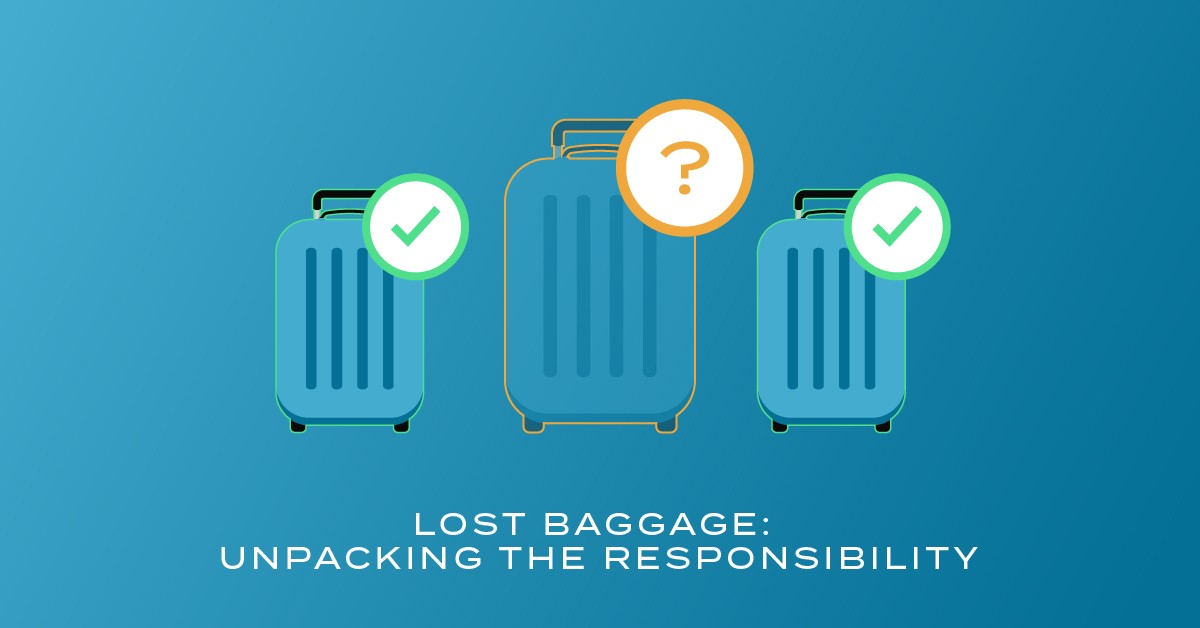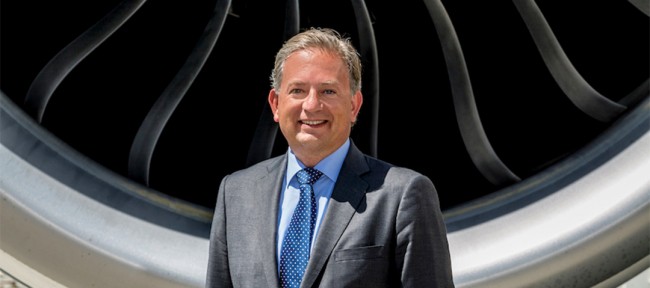4 October, 2023
Have you ever experienced the sinking feeling of watching the baggage carousel go around and around, only to realise that your baggage hasn’t arrived at your destination with you?Lost baggage is a universal travel nightmare, and it's essential to know your rights and the responsibilities of airlines and transportation companies when it comes to lost or mishandled baggage.

If your baggage is lost
When you hand over your baggage to an airline or transportation company, they undertake the responsibility of ensuring its safe and timely arrival at your destination. In cases of lost, delayed, or damaged baggage during travel, it is typically the airline's obligation to resolve the matter.
What to do after your baggage goes missing
Report the issue. When you realise your baggage is lost or damaged, it's crucial to report it to the airline immediately. Most airlines have dedicated lost baggage departments or baggage claim counters at the airport. A prompt reporting increases the chances of recovering your baggage.
File a claim. After reporting the issue, you'll most likely need to file a formal claim. This usually involves providing information about your lost or damaged baggage, such as your baggage tag, a description of the contents, and any relevant documentation like your boarding pass.
Keep documentation safe. Keep in hand all travel-related documents, including your boarding pass, baggage claim ticket, and receipts for any expenses incurred due to the loss or delay of your baggage. These documents will be essential when locating your baggage.
Stay informed. Stay in touch with the airline or transportation company to check on the status of your lost baggage. They will make efforts to locate and return it to you and staying informed can help you gauge the progress of your claim.
Airlines - it’s not entirely your fault
It's important to consider that technical glitches in baggage handling systems can result in misrouted or lost baggage. These systems include conveyor belts, baggage sorting systems, and tracking systems. Human error can also occur, such as misreading baggage tags, which can lead to baggage being sent to the wrong destination or being delayed. Ground crew, baggage handlers, and airline staff all play a role in handling baggage, and errors can happen at any stage.
There is also the possibility of unforeseen circumstances which can involve weather-related disruptions, airport emergencies, or other circumstances that can lead to delays and baggage issues. In these cases, airlines may not be directly at fault, but they are responsible for managing the situation and communicating with passengers.
Ultimately, the responsibility for missing baggage can be shared among various parties, including passengers, airlines, and airport authorities, depending on the specific circumstances of each case. However, airlines have a duty to take measures to minimise the risk of baggage mishaps and to assist passengers when issues arise, but it's not always solely their fault when baggage goes missing.
Improving lost baggage dilemmas - the integration of BagsID
As the desire for additional flights and destinations grows and passenger numbers continue to rise, the need for baggage identification to evolve becomes apparent.
The aviation sector seeks solutions that reduce expenses, enhance operational efficiency, and promote sustainability. It's evident that current approaches are insufficient, but BagsID has a solution that can address these challenges.
BagsID is a software-as-a-service (SaaS) network powered by data, providing solutions tailored for airports, airlines, partners, and ground handlers. By incorporating baggage identification, image-based data extraction, data collection, and enrichment integrated with a global data repository, our user-friendly interface facilitates the seamless exchange of valuable information for everyone in the aviation industry.
Changing baggage for good
Our team of data scientists is dedicated to addressing the issue of lost baggage by leveraging data-driven strategies to enhance the operations of airports and airlines. We understand that lost baggage not only leads to inconvenience for passengers but also results in significant operational costs and impacts an airline's reputation.
To tackle this challenge, we utilise advanced data analytics and predictive modelling to optimise the baggage handling processes. By analysing historical data, monitoring baggage routing, and identifying potential bottlenecks, we aim to streamline baggage handling from check-in to final destination. This includes implementing innovative tracking technologies and real-time monitoring systems to ensure that each piece of baggage is accurately accounted for throughout the journey.
You can find out more about BagsID and our goals for the future here.
In conclusion…
Airlines must adhere to regulations that define their obligations and understanding your rights can put you in the most advantageous position when dealing with lost baggage. Reporting the issue promptly, keeping essential documents, and remembering our advice are vital steps you can take when faced with lost baggage.
As we envision the future of the aviation industry, BagsID has the potential to bring about significant transformation. We anticipate that computer vision, data, and baggage biometrics will emerge as the primary technological innovations that will revolutionise the approach and execution of baggage handling.
Here at BagsID, we wish you secure and trouble-free travel!
Related articles
Team Talk – Meet Erik van Breusegem, CTO & Head of Artificial Intelligence
4 September, 2021
Since the beginning of time, humankind has wanted to predict the future.
Team Talk - Meet Dave Bakker, Chief Executive Officer
22 November, 2022
Dave Bakker had a passion for air travel since owning a top gun poster in his room as a young boy.
Team Talk – Meet Desiree Dekker, Management Assistant
26 November, 2021
Desiree Dekker is not just the center of our company, she’s the heart of it too.



